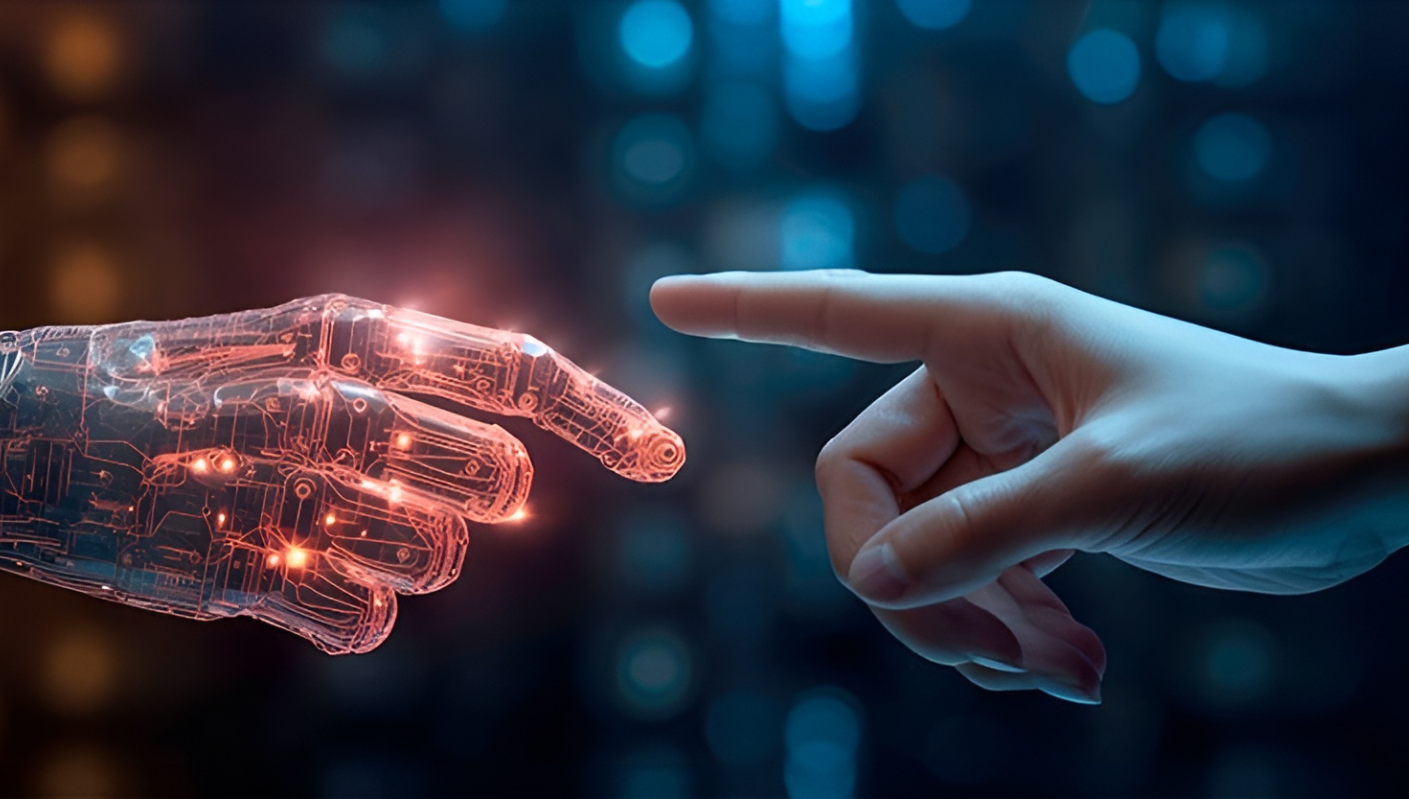Artificial Intelligence (AI) has rapidly advanced over the last decade, finding applications in numerous fields, including medicine. In Asia, particularly in countries like Singapore, AI has revolutionized healthcare, improving diagnostics, treatment, and patient care. So what are the various ways AI can be utilized in medicine?
1. AI in Medical Diagnostics

AI's most prominent application in medicine is in diagnostics, where it can analyze vast amounts of data far more quickly and accurately than humans. For instance, AI algorithms are now used to analyze medical images, such as X-rays, MRIs, and CT scans, to detect abnormalities like tumors or fractures. In Singapore, the National University Hospital (NUH) has implemented AI-driven systems that assist radiologists by highlighting potential areas of concern in scans, significantly improving the speed and accuracy of diagnoses [1].
2. Personalized Medicine

Personalized medicine is another area where AI is making significant strides. AI can analyze genetic information to predict how individual patients might respond to different treatments. This enables doctors to tailor treatment plans based on the patient’s unique genetic makeup. For example, Singapore's healthcare institutions are integrating AI into genomic medicine, enabling more personalized cancer treatment strategies [2].
3. Drug Discovery and Development

AI is transforming the drug discovery process. Traditionally, drug discovery is a time-consuming and expensive process, often taking over a decade to bring a new drug to market. AI can accelerate this process by predicting how different chemical compounds will behave and interact with the human body. In Asia, AI-driven drug discovery is gaining traction, with companies like Insilico Medicine, based in Hong Kong, using AI to identify potential drug candidates faster than traditional methods [3].
4. Patient Monitoring and Care
AI is transforming patient monitoring and care, particularly for chronic conditions such as diabetes and heart disease. AI-powered wearable devices and apps can continuously monitor a patient’s vital signs and alert healthcare providers to any concerning changes. In Singapore, AI-driven telemedicine platforms are increasingly popular, enabling continuous patient monitoring and reducing the need for frequent hospital visits [4].
5. Healthcare Administration

Beyond direct patient care, AI systems can manage patient records, schedule appointments, and even predict patient admission rates, allowing hospitals to allocate resources more efficiently. This is particularly relevant in Asia’s densely populated regions, where healthcare systems are often stretched thin. For example, Singapore’s Tan Tock Seng Hospital has adopted AI to streamline its administrative processes, reducing wait times and improving overall patient satisfaction [5].
Conclusion
We at Megrez are at the forefront of this transformation, helping facilitate and lead the change by streamlining the go-to-market (GTM) pipeline for digital health and clinical innovations using AI. Our familiarity with artificial intelligence means we can build frameworks specifically around it and optimise it to enhance clinical decision-making and patient outcomes such as the AI-driven radiology reader.
AI's integration into medicine offers immense potential, particularly in Singapore, where rapidly ageing populations and high demand for healthcare services necessitate innovative AI solutions. From enhancing diagnostics and personalized medicine to accelerating drug discovery and improving patient care, AI is poised to transform the medical field, making healthcare more efficient, accurate, and accessible.
References
[1] S. C. Lim, "AI in Singapore’s Healthcare: Transforming Diagnostics," Healthcare IT News Asia Pacific, 2022. Available: https://www.healthcareitnews.com/ai-singapore-diagnostics.
[2] A. Tan, "Personalized Medicine Through AI in Singapore," Asian Scientist Magazine, vol. 14, pp. 34-36, 2023.
[3] J. Zhang, "AI-Powered Drug Discovery in Asia: A New Frontier," Nature Asia, vol. 589, no. 7841, pp. 245-247, Jan. 2021.
[4] M. K. S. Wong, "Telemedicine in Singapore: The Role of AI," Singapore Medical Journal, vol. 62, no. 4, pp. 198-203, 2022.
[5] C. Y. Lee, "Optimizing Healthcare Administration with AI," The Straits Times, Singapore, Aug. 2023. Available: https://www.straitstimes.com/healthcare-admin-ai.
